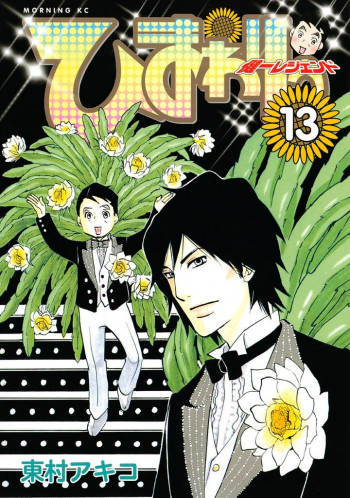Unfinished Symphony (Logan 3) by V.C. Andrews is a gripping tale that delves into the complexities of family, identity, and the haunting shadows of the past. Set against the backdrop of Cape Cod and Beverly Hills, the novel follows the journey of Melody Logan, a young woman who is thrust into a whirlwind of emotions and revelations as she seeks to uncover the truth about her mother, Haille, whom she believed to be dead. Andrews, known for her ability to weave intricate family dramas, does not disappoint in this installment of the Logan series.
The narrative begins with Melody's life in Cape Cod, where she has found a semblance of safety with her enigmatic Logan relatives. However, the discovery that her mother may still be alive ignites a spark of hope within her, leading her to embark on a quest that will challenge her understanding of love, loyalty, and the very nature of family. The blurb hints at the emotional turmoil that Melody will face, and Andrews expertly crafts a story that is both poignant and suspenseful.
One of the most compelling aspects of Unfinished Symphony is its exploration of identity and self-discovery. Melody's journey is not just about finding her mother; it is also about understanding who she is in relation to her family and her past. The contrast between her life in Cape Cod and the opulence of Beverly Hills serves as a metaphor for the duality of her existence. In Cape Cod, she is surrounded by love and support, while in Beverly Hills, she is confronted with the cold reality of her mother's choices. This dichotomy raises questions about the nature of happiness and fulfillment, and whether material wealth can truly replace emotional connection.
Character development is another strong suit of Andrews' writing. Melody is portrayed as a resilient and determined young woman, yet she is not without her vulnerabilities. Her relationship with Cary, her beloved from Cape Cod, adds depth to her character. Cary represents stability and love, a stark contrast to the uncertainty surrounding her mother. As Melody navigates her feelings for Cary and her desire to reconnect with Haille, readers witness her growth from a naive girl into a more self-aware individual. The emotional stakes are high, and Andrews masterfully captures the internal conflict that arises from Melody's quest for truth.
Haille, on the other hand, is a complex character whose motivations are shrouded in mystery. When Melody finally confronts her mother, the encounter is fraught with tension and emotion. Haille's cold demeanor and the secrets she harbors create a palpable sense of dread, leaving readers questioning her true intentions. Andrews skillfully builds suspense around Haille's character, making her both a figure of sympathy and a source of fear. This duality adds layers to the narrative, inviting readers to ponder the reasons behind Haille's actions and the impact they have had on Melody's life.
The themes of betrayal and redemption are woven throughout the story, as Melody grapples with the realization that her mother has not only faked her death but has also kept her in the dark about her true circumstances. This betrayal is not just personal; it resonates with broader themes of familial loyalty and the lengths to which one will go to protect loved ones. As Melody uncovers the truth, she must confront her feelings of anger and disappointment, ultimately leading her to a path of forgiveness and understanding.
Andrews' writing style is engaging and evocative, drawing readers into the emotional landscape of the characters. Her ability to create vivid imagery allows readers to visualize the contrasting settings of Cape Cod and Beverly Hills, enhancing the overall reading experience. The pacing of the novel is well-balanced, with moments of tension interspersed with quieter, reflective passages that allow for character introspection.
In comparison to other works by V.C. Andrews, Unfinished Symphony stands out for its focus on the mother-daughter relationship and the complexities that arise from it. Similar to Andrews' earlier works, such as Flowers in the Attic, the novel explores themes of family secrets and the impact of the past on the present. However, this installment feels more grounded in reality, as it addresses contemporary issues of identity and self-acceptance in a relatable manner.
Overall, Unfinished Symphony (Logan 3) is a powerful exploration of love, loss, and the search for truth. V.C. Andrews has crafted a narrative that is both emotionally resonant and thought-provoking, making it a worthy addition to the Logan series. Readers will find themselves captivated by Melody's journey, rooting for her as she navigates the treacherous waters of family dynamics and personal growth. This novel is a testament to Andrews' enduring ability to create compelling characters and intricate plots that linger in the minds of readers long after the final page is turned.
For those interested in a story that combines suspense, emotional depth, and rich character development, Unfinished Symphony is a must-read. It invites readers to reflect on their own relationships and the complexities of familial love, making it a timeless tale that resonates across generations.











![The Duke's Everything [Official]](/upload/pic/manga/the-dukes-everything--official-.jpg)












Reviews 0
Post a Reviews: